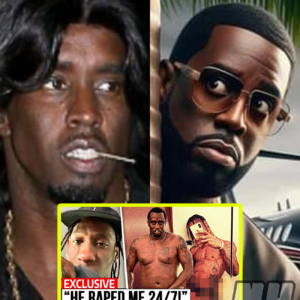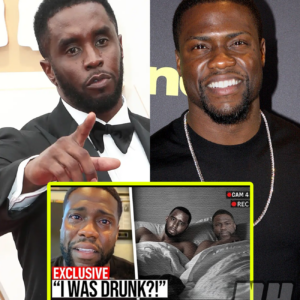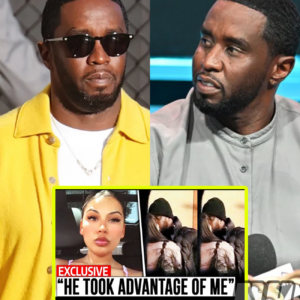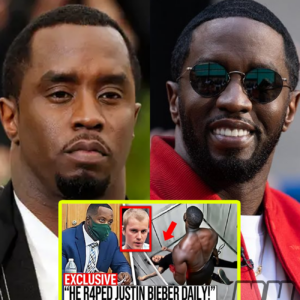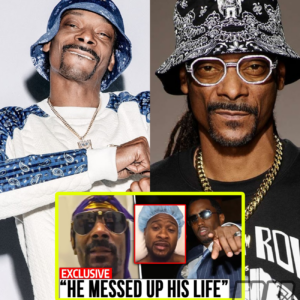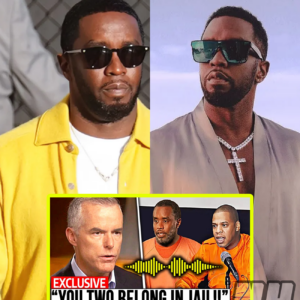The Complexities of Defending Public Figures: The Case of Sean “Diddy” Combs

In the realm of celebrity culture, few figures command as much attention as Sean “Diddy” Combs. From his early days as a music mogul to his current status as a cultural icon, Diddy has maintained a significant presence in the public eye. Recently, however, allegations of abuse have surfaced, prompting a nuanced discussion on loyalty, morality, and the responsibilities of public figures.
The Challenge of Public Loyalty
Nick Cannon’s recent remarks shed light on the difficulty of balancing personal loyalty with public perception. In an interview, Cannon discussed his struggle when asked about Diddy amidst serious allegations. Cannon’s dilemma highlights a common issue faced by those who personally know public figures accused of wrongdoing. While public figures are often seen as mere icons to the general populace, to those who know them personally, they are complex individuals with multifaceted relationships. This complexity makes it challenging to navigate conversations about their alleged misdeeds.
Personal Relationships vs. Public Opinion
Cannon emphasized his personal connection to both Diddy and Cassie, noting the challenge of speaking out against someone who has shown him support in difficult times. This personal loyalty can often clash with the public’s demand for accountability. When celebrities are asked to comment on allegations against their peers, they must balance their personal experiences with the broader implications of the accusations. This balancing act is further complicated by the public’s often binary view of morality, where individuals are seen as entirely good or bad based on a single narrative.
The Impact of Allegations on Public Perception
The allegations against Diddy are serious, involving accusations of physical abuse against his former girlfriend, Cassie Ventura. Surveillance footage obtained by CNN appears to show Diddy assaulting Cassie in a hotel in 2016, adding visual evidence to the claims. Such allegations can dramatically shift public perception, as fans and onlookers grapple with the cognitive dissonance of reconciling the public persona with the private actions of a celebrity.
The Role of Media and Public Figures
Media personalities like Stephen A. Smith and Cannon play a crucial role in shaping public discourse around these issues. Smith, for instance, has acknowledged the difficulty of commenting on such matters without full knowledge of the facts. He has also highlighted the importance of addressing the broader issues at play, such as the power dynamics in the entertainment industry and the responsibility of those in positions of influence.
The Broader Context of Celebrity Allegations
The discussion around Diddy’s allegations is not isolated but part of a broader conversation about accountability in the entertainment industry. Similar cases, such as those involving R. Kelly and Harvey Weinstein, have shown that public figures can face significant consequences when allegations are substantiated. These cases also underscore the importance of supporting victims and ensuring that their voices are heard.
The Complexity of Public Forgiveness
Public figures often occupy a unique space where their actions are scrutinized more intensely than those of private individuals. This scrutiny can lead to a complex process of public forgiveness, where fans and onlookers must decide whether and how to reconcile with the actions of someone they have admired. In some cases, the severity of the allegations can lead to a complete reassessment of a celebrity’s legacy.
The Importance of Context and Nuance
As Cannon’s interview illustrates, discussions about allegations against public figures require nuance and context. It is essential to consider the personal relationships and experiences that inform individuals’ perspectives. At the same time, there must be a commitment to justice and accountability, particularly when allegations involve serious misconduct.
Navigating Public Discourse
Navigating public discourse around these issues requires a careful balance of empathy and critical thinking. It is crucial to support victims and ensure that their stories are heard and validated. At the same time, those who speak on these matters must acknowledge their own biases and the complexity of their relationships with the accused.
Conclusion
The case of Sean “Diddy” Combs serves as a poignant example of the challenges involved in defending public figures amidst serious allegations. As Nick Cannon’s remarks highlight, the intersection of personal loyalty and public accountability is fraught with difficulty. Ultimately, navigating these issues requires a commitment to both empathy and justice, ensuring that all voices are heard and that the truth is pursued with integrity.
Public figures, media personalities, and fans alike must engage in thoughtful discourse, recognizing the complexity of these situations and the importance of supporting victims while also considering the broader context of their relationships and experiences. Only through such nuanced conversations can we hope to achieve a more just and equitable society.
News
(VIDEO) Celebs that P Diddy EXPLOITED for Cash
P Diddy and the Dark Side of the Entertainment Industry The entertainment industry is no stranger to scandal and controversy, but the recent revelations surrounding P Diddy (Sean Combs) have brought to light a web of disturbing allegations and connections…
(VIDEO) Kevin Hart IN TEARS After New Leaks EXPOSE Him At Diddy’s After Parties!!
Kevin Hart: A Complex Journey Through Fame, Scandal, and Personal Growth Kevin Hart, the renowned comedian and actor, has led a life marked by both incredible professional success and deeply personal scandals. His journey from selling sneakers to becoming one…
(VIDEO) “He Ruined My Life” Former Diddy Employees TEAM UP To EXPOSE Him!
The Dark Side of Fame: Allegations Against Diddy and the Revelations from Former Employees The music industry is often glamorized for its glitz and glamour, but behind the scenes, it can harbor dark secrets and troubling behavior. Recently, Sean “Diddy”…
(VIDEO) “He’s Why Justin Bieber Is DEPRESSED!” Undercover FBI Agent EXPOSES Diddy
The Tumultuous History of Snoop Dogg, P. Diddy, and the East Coast-West Coast Rivalry Hip-hop history is fraught with feuds, friendships, and ever-changing alliances. Central to many of these stories are iconic figures such as Snoop Dogg and P. Diddy…
(VIDEO) “Diddy Did Usher Dirty Forever” Snoop Dogg EXPOSES Sean Combs!
The Tumultuous History of Snoop Dogg, P. Diddy, and the East Coast-West Coast Rivalry Hip-hop history is fraught with feuds, friendships, and ever-changing alliances. Central to many of these stories are iconic figures such as Snoop Dogg and P. Diddy…
(VIDEO) Undercover CIA Agent EXPOSES Diddy & Jay Z!
The Fall of P. Diddy: A Dismantling of Credibility and the Unfolding Legal Crisis Introduction In recent years, Sean “P. Diddy” Combs has found himself at the epicenter of numerous controversies and legal battles that have significantly tarnished his once-polished…
End of content
No more pages to load
